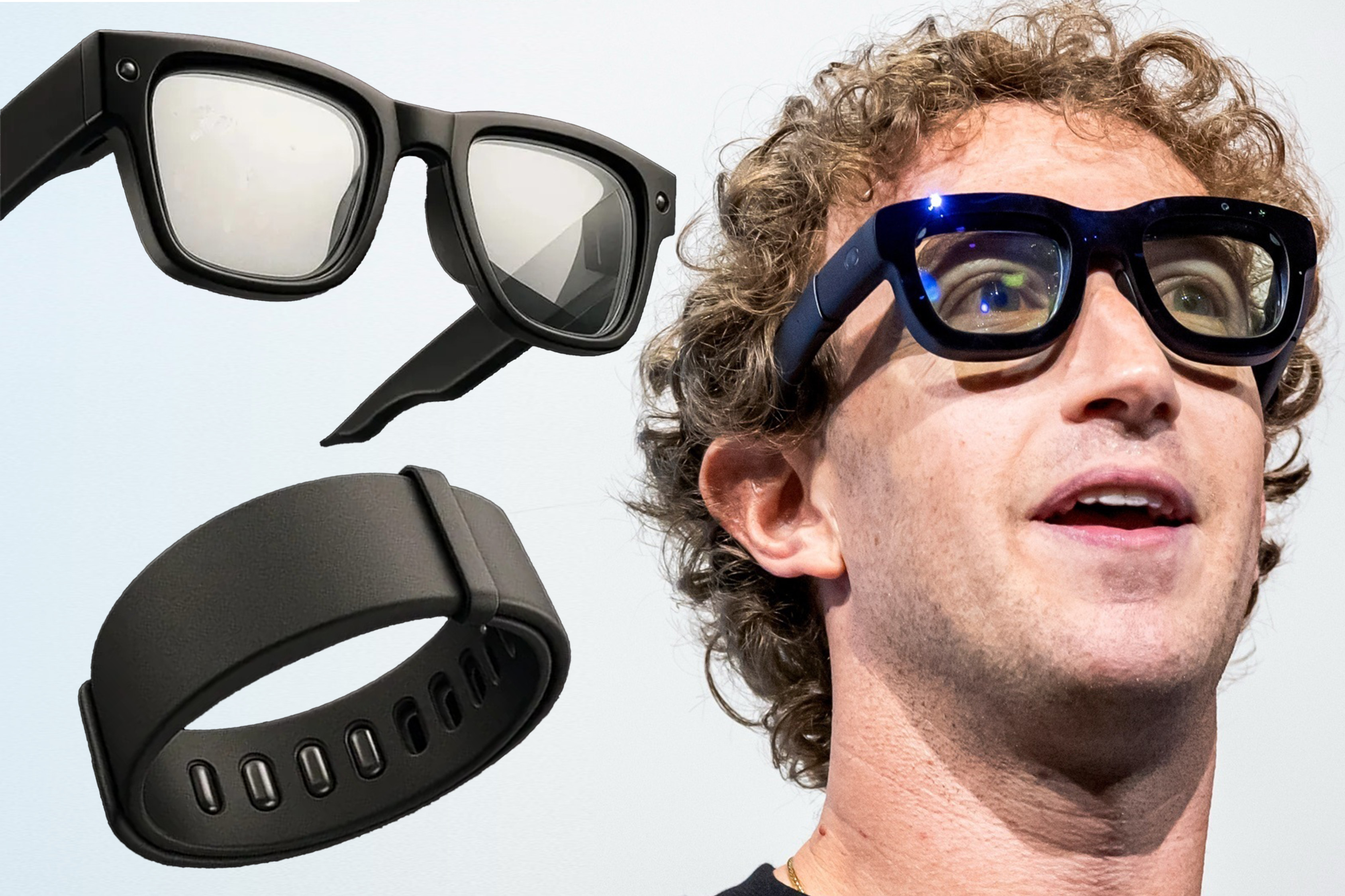
Talent wins the day. And when small business owners invest in talent through top-tier benefits, they lay the groundwork for consistent, scalable growth and stronger financial performance over the long haul.
When you get past the 401k, employer-sponsored healthcare and PTO, does your benefits package actually pass the smell test with today’s workforce? According to a recent study by Prudential Financial, there’s a wide gulf between what employees say they want from the workplace and what employers are actually providing. While 86% of employers believe they are offering modern benefits, only 59% of employees agree. And the gap is even wider with younger workers. Another survey from MetLife finds 89% of employees believe their organization could strengthen trust by improving their benefits packages.
That all sounds great, but the biggest challenge small business owners face is figuring out how to provide a robust and industry-leading set of benefits without going out of business. When I launched Cyber Guardian Consulting Group, a managed service provider that provides a full range of cybersecurity services, I made employee benefits the cornerstone of everything we were going to do. Our current menu at Cyber Guardian includes:
100% employer-paid healthcare, vision, dental, plus copay reimbursements
Mortgage rate buydowns of 2–3%, helping employees overcome barriers to homeownership
Lifestyle perks that include 50% off Apple gear, weekend Uber Eats credits, unlimited snacks and drinks
Instead of “Employee of the Month” awards designated by a piece of paper or temporary parking spot, we provide PAMP Suisse 10 gram gold bars to high-performing employees on a quarterly basis.
Cryotherapy services through an ongoing partnership with local spas. Whether a dip in the ice bath or a trip to the cryo-chamber, our employees value this emerging wellness initiative that relieves pain, reduces inflammation and boosts overall healing.
Here are four principles that we used to design a benefits package that consistently beats market expectations without breaking the bank:
Subscribe to the Daily newsletter.Fast Company’s trending stories delivered to you every day
Privacy Policy
|
Fast Company Newsletters
1. Budget with boldness
Industry wisdom suggests allocating 25–28% of payroll toward benefits. That’s fine if you want to compete on average. But if you want to win, you need to invest like it. At Cyber Guardian, we’ve budgeted up to 45% of payroll toward benefits. It’s a strategic investment in performance, retention, and culture. We scrutinized every dollar and connected it to a measurable impact. While it was difficult to sustain these benefits in our early stages, we felt making a substantial investment upfront would pay off in the long term. We had to stretch and get creative in our budget, but the return we received in overall team talent, stability, morale, and productivity made it well worth it in the long run.
2. Ask your people. Study your competitors.
We didn’t guess what mattered. We asked. From early on, we surveyed our team to find out what they truly value in their benefits. It was clear the rising costs of homeownership were on the minds of many. As one of our New York–based employees, Francisco Rosa IV, noted, “In a city where affordability feels out of reach for so many, reducing the burden of a mortgage resonates deeply.”
We also studied our competitors—both current and aspirational. It wasn’t enough to keep pace with others in cybersecurity. We looked at what companies like Google and Meta were offering, then asked ourselves how we could adapt those ideas to fit our size and budget. It’s amazing how far creativity and listening can take you.
3. Build the essentials first, then layer in high-impact extras
You don’t need to go from zero to gold bars overnight. We started by covering the core needs: healthcare, time off, flexibility. Then, we layered in unique benefits over time as we grew and gained confidence in what worked. Mortgage rate buydowns, Uber Eats credits, and lifestyle perks came later as they only made sense after we had a solid foundation. If you’re just getting started, focus on one or two high-impact extras that align with your culture, then build from there.
4. Constantly test, refine, and improve
We’ve gone through more than 30 versions of our perks package over the last few years. Some ideas didn’t take off right away and required some fine-tuning, such as a pilot project where we provided weekend credits for food delivery but needed to swap out vendors due to technical difficulties and user feedback. But we treated the whole system like a product: constantly refined, based on real user (employee) feedback. Benefits should always be evolving. And if you create an open loop of listening and tweaking, they’ll only get stronger.
Of course, you have to be excelling in your core business activities to drive benefits growth. But assuming you check that box, prioritizing people through meaningful, evolving benefits is one of the smartest investments you can make. That philosophy has helped us achieve a near 100% retention rate over the last five years. You don’t need a mega-budget or corporate backing to pull this off. You just need intentionality, creativity, and a genuine commitment to improving your team’s day-to-day lives. Build around your people—and they’ll build everything else.



